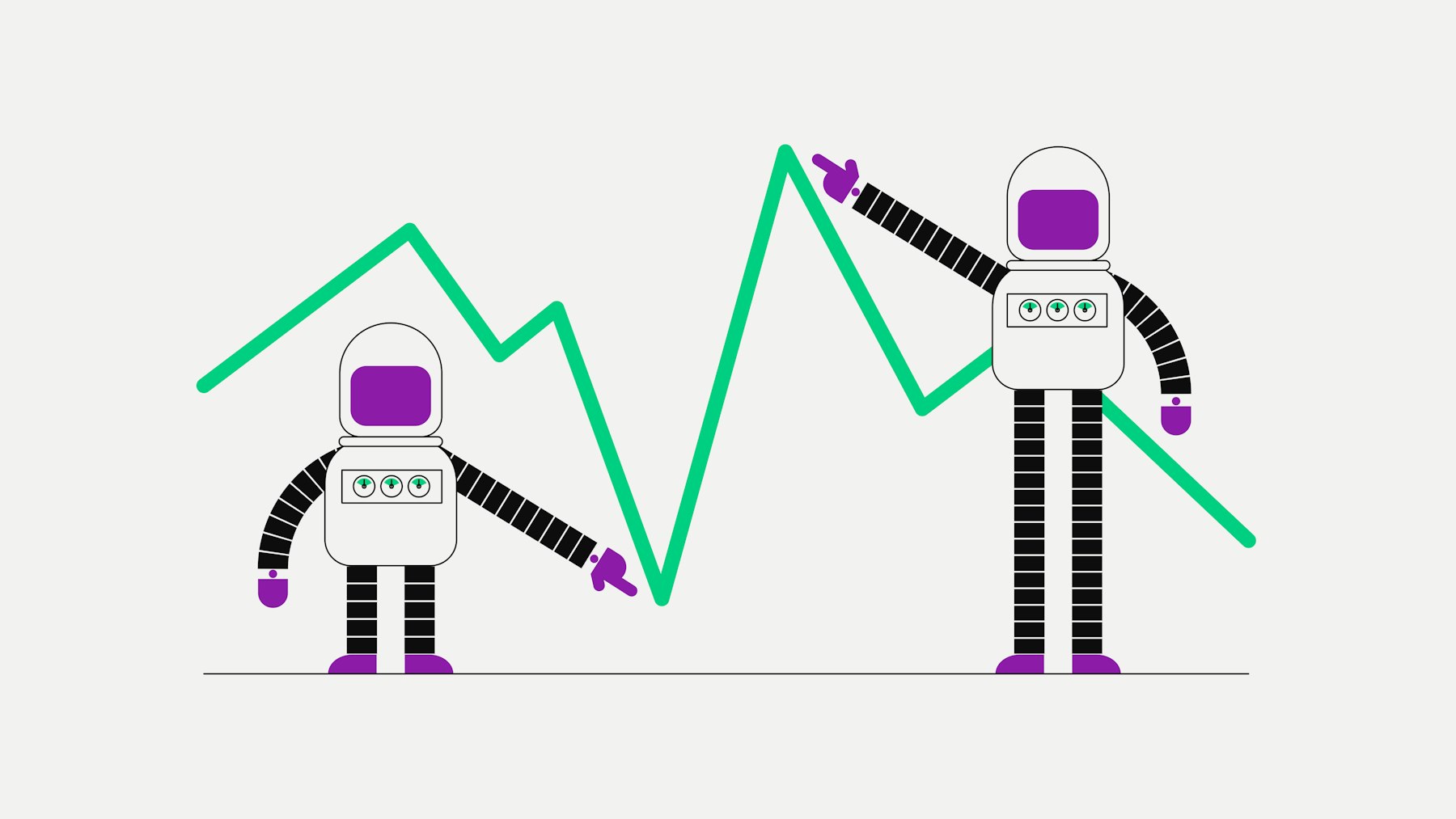Maker orders
On a cryptocurrency exchange, orders are either charged with “maker fees” or “taker fees”.
An order which is adding liquidity to the order book until another crypto trader picks it up helps to “make the market”. As liquidity on an exchange indicates interest in a market based on trading volume and active traders, crypto trading fees for “maker orders” are often lower than other fees because they incentivise traders.
To be deemed a maker order, the would-be maker needs to place a buy order lower in price than the lowest sell order, or a sell order that is higher in price than the highest buy order needs to be placed by the trader. The drawback of being in a maker role is that it may take some time until the set price is triggered and the order is filled.
Taker orders
“Takers”, on the other hand, are the counterpart of “makers”. Takers “take liquidity” out of order books. They look for orders they can immediately fill. Such an order could be a market order: an instant purchase or sale of a cryptocurrency for the best price available at this time. A market order will always immediately fill or be fully rejected if at that point in time there is not sufficient liquidity in an order book.
Finally, don’t forget that “makers” and “takers” are fees that are applied while a “market maker” is a type of entity that promotes liquidity in a market. Let’s look at the role of a market maker in more detail.
Why is there a need for a market maker?
Market maker services are often provided by large financial institutions due to required volumes, however, in some instances, also by individual traders. However, while each crypto trader is a market participant with a share in its operating volume, the prerequisites for providing the necessary trading volumes are so stringent that only specialised institutions offering market making as their core service institutions can meet them in comparison to a regular trader. Consequently, parties that are interested in providing services as market makers need to prove that they are authorised, possess impeccable credit ratings and are able to meet a broad range of other obligations which vary according to global region.
To ensure that there are no conflicts of interest, crypto traders trading on a crypto exchange should conduct their due diligence and verify that the exchange and the market maker are two distinctly separate entities.
